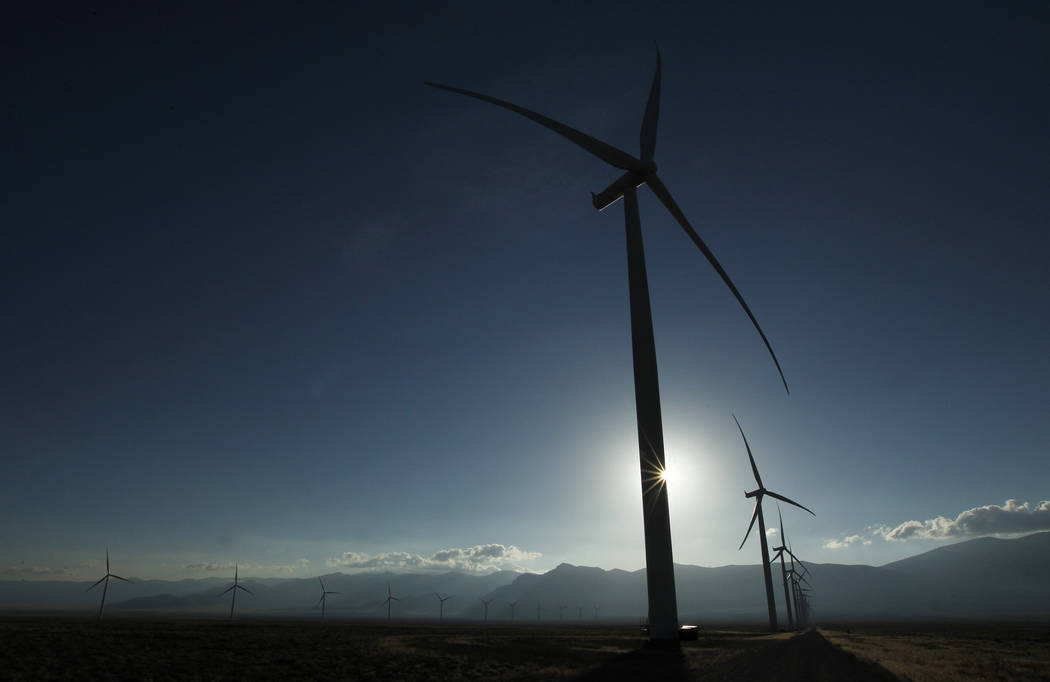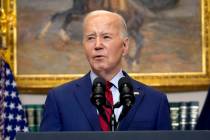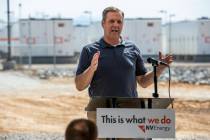Wayland discusses if Question 6 will increase costs
Increasing Nevada’s Renewable Portfolio Standard with the passage of Question 6 won’t increase the cost of electricity. It’s possible, however, that ratepayers could experience an impact as new projects are brought online, but modeling predicts lower rates in the long-term. That’s according to Karen Wayland, executive director of the Clean Energy Project and a Question 6 proponent.
Nevada currently requires that 25 percent of its energy come from renewable sources by 2025. Question 6 would increase Nevada’s RPS to 50 percent by 2030.
“The price of solar electricity is plummeting and is reaching record lows in Nevada,” said Wayland while filming Nevada Politics Today. “The likelihood is that [Question 6 will] decrease our electricity prices, not increase our electricity prices.
“That’s the experience of states around the country. It’s added less than 1 percent to the price of electricity, and in some states, it’s projected to decrease rates at the end of the compliance period.”
Wayland acknowledged that there could be some financial impact as new renewable sources come online, but she believes the overall result will be helpful.
“The ratepayer will feel the impacts of bringing more renewable energy online,” she said. “But the modeling shows — and the experience of other states and in fact here in Nevada — more clean energy will actually decrease rates.”
Not having to pay for fuel is the key advantage of renewable energy, according to Wayland.
“If you look at renewable energy, you have, in some cases, higher initial capital investments, and yet there are no fuel costs later on,” she said. “When you talk about investments in natural gas, you’re talking about consistent pay over the life of the project for those fuel inputs. Natural gas has historically been a very volatile fuel for the price.
“Once you build a renewable project, you have very low marginal costs.”
While Wayland said renewable energy has many advantages, she still advocates for a government mandate, because “we’re talking about large advantages for incumbent fuels.”
The RPS is needed, because “there are a number of public policy goals that it would seek to address,” she said. Those include reducing carbon emissions, increasing air quality and improving energy security.
Nevada’s success in meeting its current RPS is reason to double down on the standard, she said.
“Now, we’re looking at record declines in the price of renewable energy, so you’re not actually going to see major increases in rates like you would have seen in the very beginning of the renewable portfolio standards,” said Wayland.
One day, she thinks a 100 percent RPS is a real possibility: “I don’t think it’s too much.”























